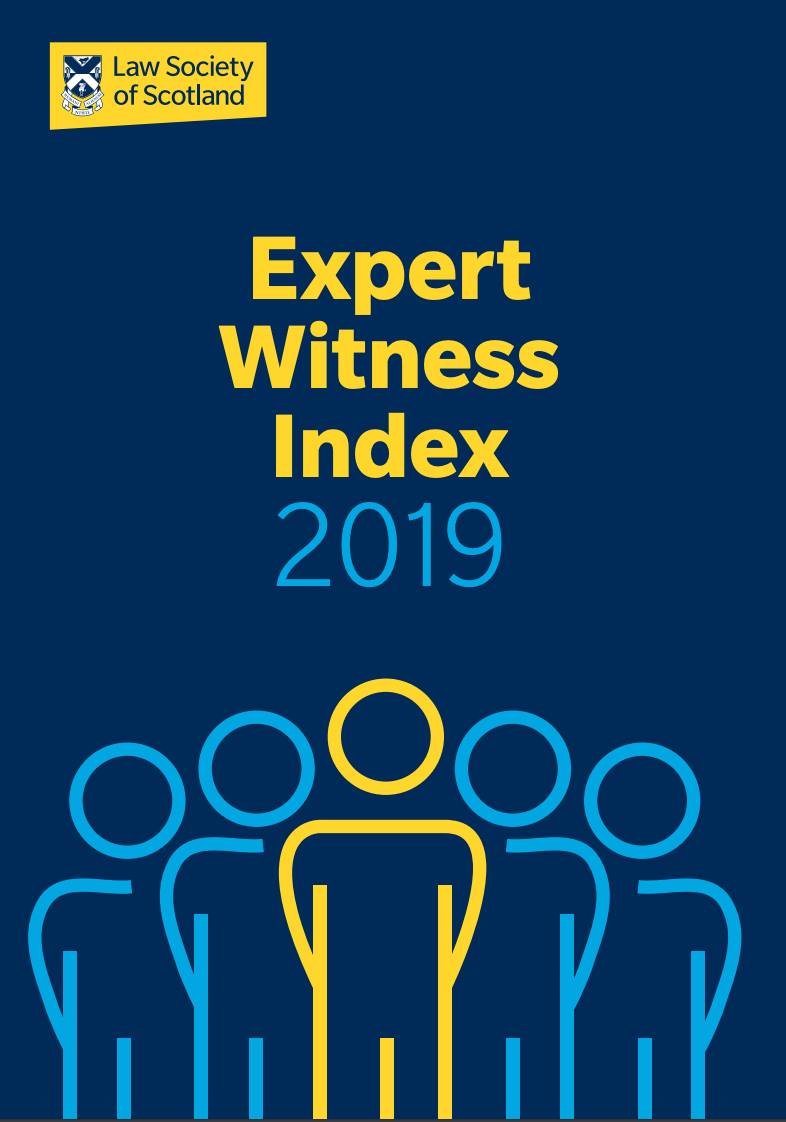What services does Professor White provide ?
Psychological Interventions
Professor White provides psychological intervention on an out-patient basis for adults experiencing symptoms of the following mental and behavioural disorders:
- Anxiety or fear-related disorders (e.g. Generalised Anxiety Disorder, Panic Disorder, Social Anxiety Disorder)
- Mood disorders (e.g. Major Depressive Disorder, Bipolar Disorder)
- Obsessive-compulsive or related disorders (e.g. Obsessive Compulsive Disorder)
- Disorders specifically associated with stress (e.g. Posttraumatic Stress Disorder)
- Dissociative disorders (e.g. disrupted sensation or control over bodily movements)
- Feeding or eating disorders (e.g. Bulimia Nervosa)
- Disorders of bodily distress or bodily experience (e.g. Body Integrity Dysphoria, Concern about body appearance)
- Disorders due to substance use or addictive behaviours (e.g. Alcohol Use Disorder, Cocaine Use Disorder)
- Impulse control disorders (e.g. stealing, explosive outbursts).
- Sexual dysfunctions (e.g, Hypoactive Sexual Desire, Ejaculatory Dysfunction).
- Sleep-wake disorders (e.g. Insomnia Disorders).
- Screening for neurocognitive disorders and onward specialist referral if indicated
Suitability for psychological intervention will be considered as part of the assessment process and recommendations provided that take account of each person's individual circumstances, experiences and symptoms. If assessment suggests that psychological intervention is indicated this will be recommended in accordance with evidence based guidelines and international research data.
The following psychological interventions are commonly provided:- Cognitive therapy/psychotherapy (sometimes referred to as Cognitive Behavioural Therapy, CBT or CBP).
- Image Habituation Therapy
- Metacognitive Therapy
- Behaviour Therapy
- Behavioural Activation Therapy
- Acceptance and Commitment Therapy (ACT)
- Cognitive Processing Therapy (CPT)
- Supportive Expressive Therapy
- Problem Solving Therapy
- Method of Levels Therapy
Psychological intervention plans based on the therapy protocols above are also integrated with individual descriptions of processes identified at assessment (informed by research) and the elements of Interpersonal Psychotherapy (IPT), Functional Analytic Psychotherapy (FPT), Family Systems Therapy and Dialectical Behavioral Therapy (DBT) where indicated. Referrals to practitioners who specialise in these therapies would be facilitated when this is indicated.
I am often contacted by people who are specifically looking for an 'LGBTI-friendly' clinician, reflecting my personal awareness of the specific issues, experience and contexts that influence the psychological health and wellbeing of LGBTI people.
Psychological Reports for Legal Professionals
Psychological Reports consider the questions that are being considered as part of legal processes such as personal injury claims or court procedures in criminal cases.
A wide range of sources of information are considered in providing opinion - commonly involving review of historical clinical case records from GPs and NHS hospitals, statements, responses on specially selected assessment measures and assessment conducted personally and in private with Professor White.
Many reports provided by clinical psychologists or psychiatrists adopt a purely descriptive approach, providing an outline of the main presenting concerns/problems and chronologically outlining personal history - sometimes complemented by traditional headings used in clinical assessment report within mental health services (e.g. Personal History, Family History) and concluding by providing a descriptive classification according to diagnostic classification systems such as the Diagnostic and Statistical Manual of Mental Disorders (American Psychiatric Association) or the International Classification of Diseases (World Health Organisation). This can be a useful component in reports focused on describing a diagnosis, though can leave important legal questions unanswered.
Professor White is able to provide an opinion that draws upon psychological evidence and theories of behaviour, ensuring that reports consider questions from a broader professional perspective - including key contextual information that can assist with making sense of the unique impact of an event in someone in the context of all of their personal life experiences. This way a report can provide more than a diagnostic label that can then used to better capture the impact of events on someone's health and wellbeing.You can read some of the feedback received from solicitors about my work in this area here: /testimonials-case-studies
Professor White is accredited and recognised by all of the following healthcare insurance companies in the UK

